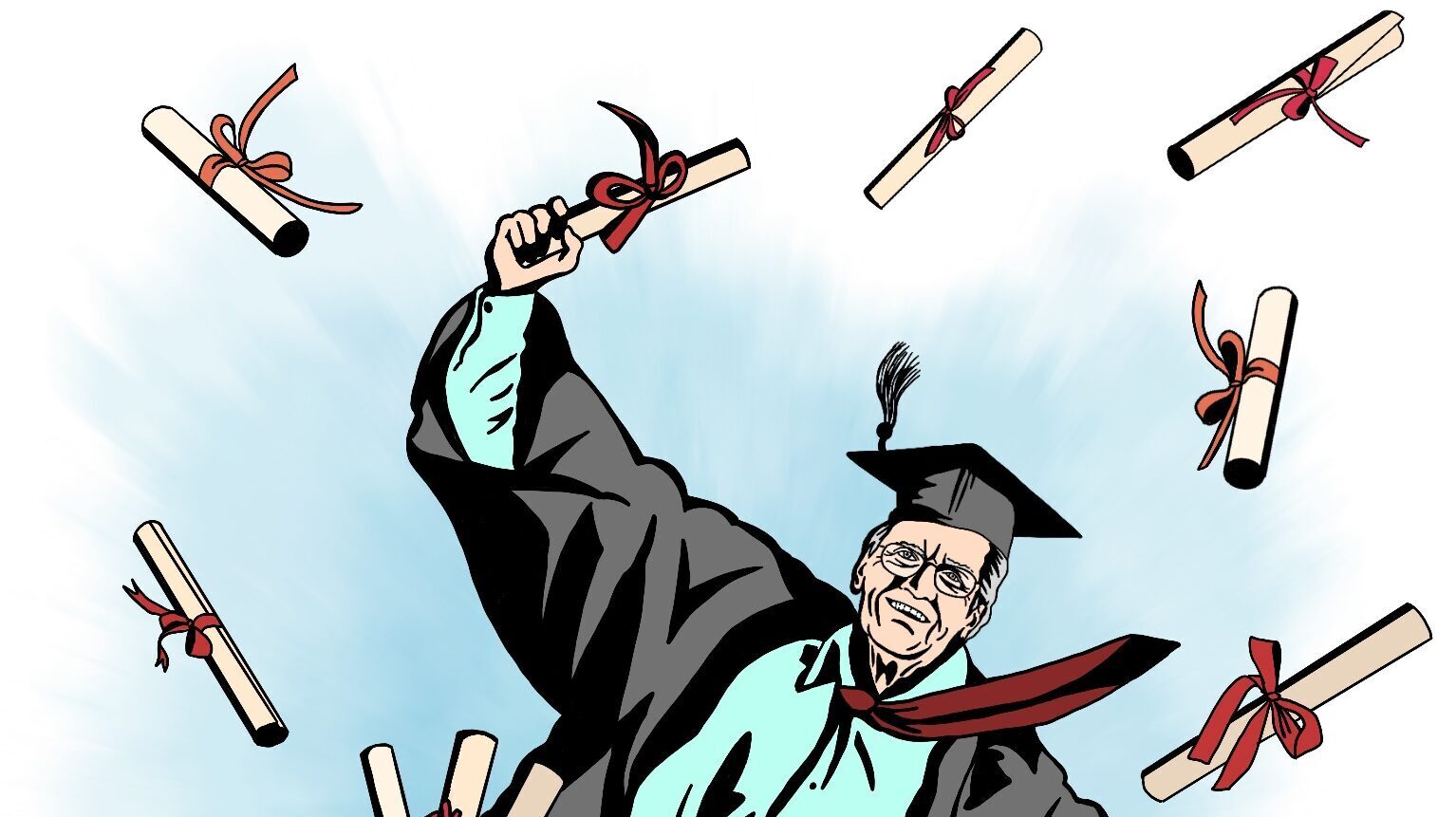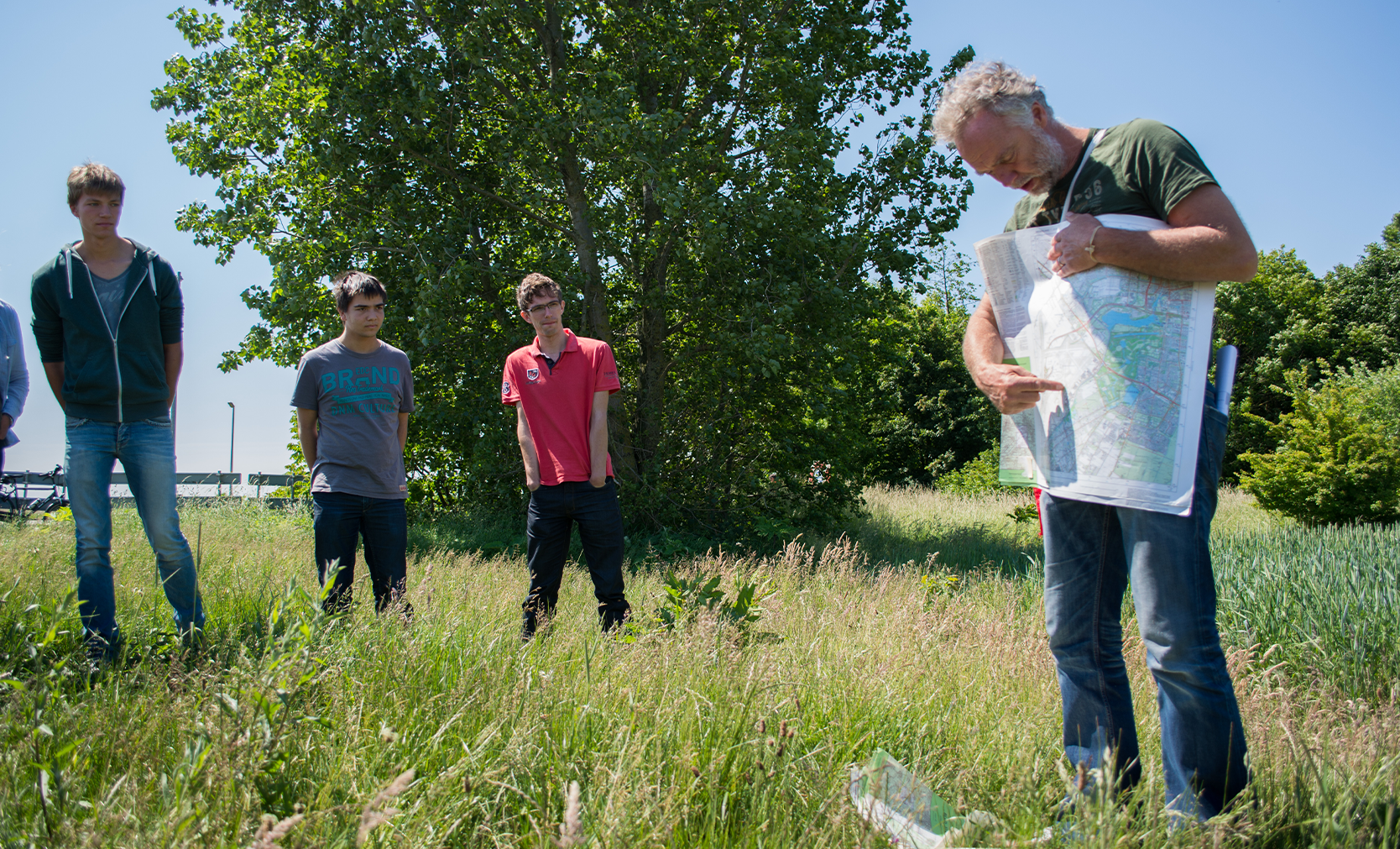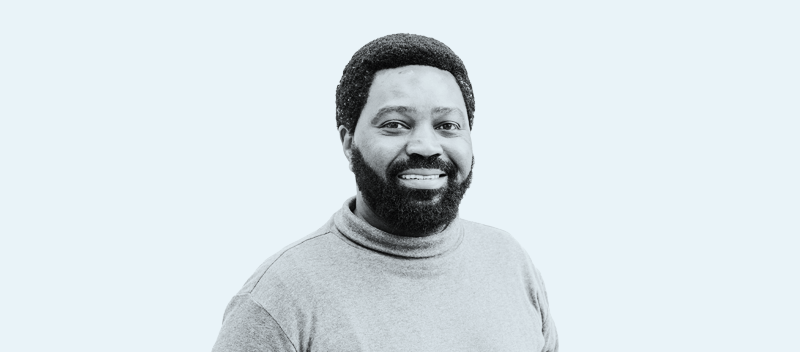When reading the article ‘Everyone’s a Professor’ in Resource last January, I was immediately reminded of the revolt within our Water Purification (WZ) department against the inflexible university governance structure, a legacy of the half-hearted University Governance Reform Act (WUB), which was introduced in 1970. Since then, scientific staff with PhDs have lobbied for the right to confer doctoral degrees as a way of: i) helping achieve an HR policy that is suitably flexible for the senior positions in the university; ii) making optimum use of the available scientific talent; and iii) giving research groups the necessary status — in short, maximizing the agility.
I felt I was one of the people called upon to act, all the more so because an appointments committee was working on finding a successor for the vacant professorship in the Water Purification department. Our research on the application of anaerobic purification with the development of the famous UASB (Upflow Anaerobic Sludge Bed) bioreactor was by that point attracting worldwide attention. We were getting more and more talented PhD candidates from abroad with their own research budgets. We deserved and needed the associated ‘status’, certainly when dealing with the companies active in our field.
I therefore needed the right to confer doctoral degrees and so I applied for the job, based on my wish for a ‘temporary appointment in the position and a permanent appointment as an associate professor, with the grant to staff with PhDs of the right to confer doctoral degrees.’ The appointments committee rejected the proposal out of hand, but the department embraced it!! To my disgust, the committee was not remotely interested in my research or vision.
We felt we had been saddled with a completely incompetent appointments committee, which went on to select a candidate who was totally unacceptable. To our dismay, the university administrators approved the choice and we then had to put up with it due to the authoritarian administrative action, despite our perfectly reasonable opposition. And we had been functioning fine as a department for nearly two years without a professor!
In the university newspaper Wagenings Hogeschool Blad of September 1981, the editors Gerard Barendse and Simon Vink gave a detailed account of our battle (entitled ‘An appointments procedure: playing the game and winning’). Three weeks earlier, a PhD candidate called Wim Wiegant had expressed his concerns in a letter printed in the same newspaper (‘Agricultural University, put your own house in order’). The arrival of the new professor did indeed lead to such big problems that the administrators eventually (about six years after the appointment) had to take action. They accepted a part-time professorship in anaerobic purification for me funded by the private sector, initially for three years and subsequently extended without any problems until my retirement on 1 April 2001. I had obtained the right to confer doctoral degrees, hallelujah!
Of course, having been revealed to be a rebel, I had no hope of a professorship holding a personal chair (former dean of research Wouter Hendriks advocates this as the ultimate improvement)! To our great satisfaction, ‘our’ professor was transferred and we were assigned a full-time professor of purification technology. That meant justice, but not an end to the ‘rigidity’. All due respect for Professor Kees Storm, who did manage to achieve this at Eindhoven University of Technology. And well done to the water purification department, now known internationally as ETE, which celebrated its 60th anniversary on 9 May.
Gatze Lettinga, emeritus professor of Environmental Technology

 ‘Since the introduction of the half-hearted University Governance Reform Act (WUB) in 1970, scientific staff with PhDs have been lobbying for the right to confer doctoral degrees.’ Illustration Valerie Geelen
‘Since the introduction of the half-hearted University Governance Reform Act (WUB) in 1970, scientific staff with PhDs have been lobbying for the right to confer doctoral degrees.’ Illustration Valerie Geelen 

